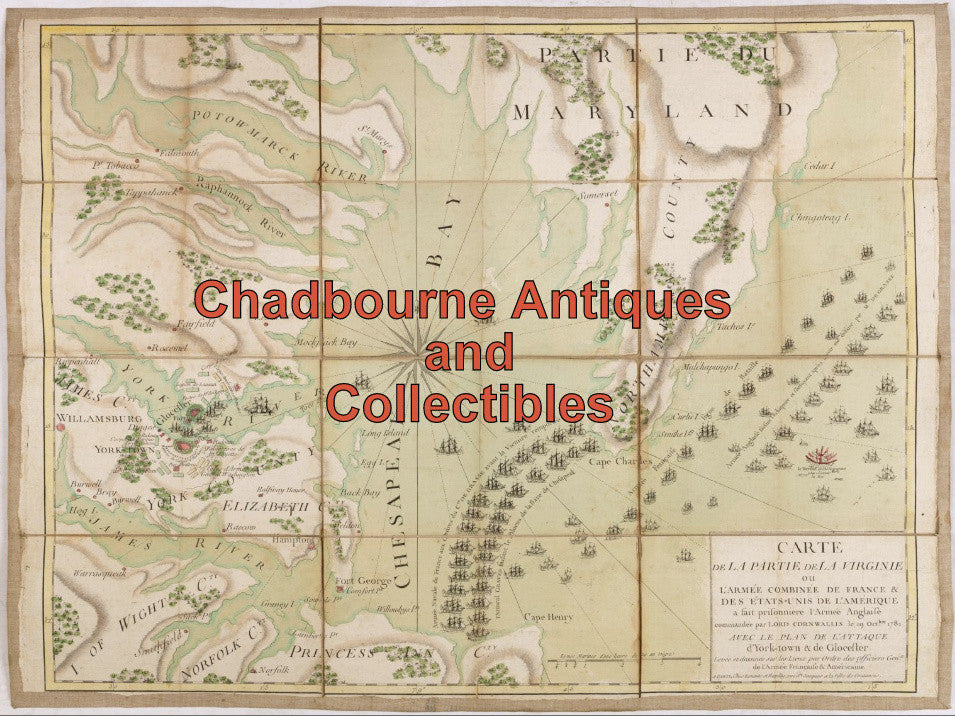$72.00 CAD
| /
German photo postcard of a British Mark IV ‘Female” tank, with black Ace of Spades identifier and marked C51 on its other side. It was disabled near Cambrai on November 20th 1917. Soldier looking into front of tank.
This tank was from the ‘C’ battalion, 9th Company, 11th section, tank C51 #2732, named “CHAPERON” and commanded by 2/Lt. S.F. Annett.
Cambrai is located in the North of France, near the Belgium border and was the site of many battles during WW1.
German text written on back "----Tank------1918"
Unused.
Light toning on back.
(Red text is an electronic watermark that is not physically part of the photo for sale)
The Tanks at Cambrai. 20th November 1917
At Cambrai "C" Battalion's 9 Company painted 12th Division's Ace of Spade symbol on their sides to distinguish then from tanks operating with other divisions: Also at Cambrai two 9 company tanks, C51 and C47 displayed figures painted on their rear hulls, abaft the sponson.
9 Company, C Battalion, with 37th Brigade,12th Division, III Corps. 9 Company had 12 tanks in action on 20th November 1917
11 Section Capt CF Webber MC
C51, 2732, f, Chaperon , 2/Lt. S.F. Annett
9 Company were to attack in the second wave with 37th Brigade. This wave was to start at the Blue Line and assault the Brown line. 10 Section was on the right, then 11, 9 and lastly 12 on the left. 9, 10 and 12 sections were to Rally at the Battalion Rallying Point at the end of the Day. 11 Section was to form a flank guard on the eastern portion of Bonavis Spur, they were to stay out all night to help repel any counter attacks and then rally at R22d.95.55.
C51 was photographed several times after capture by the Germans, presumably it was this tank which was hit and burnt out on the Blue Line.
https://sites.google.com/site/landships/home/narratives/1917/cambrainarratives/9-company-20-november-1917
The Mark IV was a British tank of the First World War. Introduced in 1917, it benefited from significant developments of the Mark I tank (the intervening designs being small batches used for training). The main improvements were in armour, the re-siting of the fuel tank and ease of transport. A total of 1,220 Mk IV were built: 420 "Males", 595 "Females" and 205 Tank Tenders (unarmed vehicles used to carry supplies), which made it the most numerous British tank of the war. The Mark IV was first used in mid 1917 at the Battle of Messines Ridge.
WIKIPEDIA
